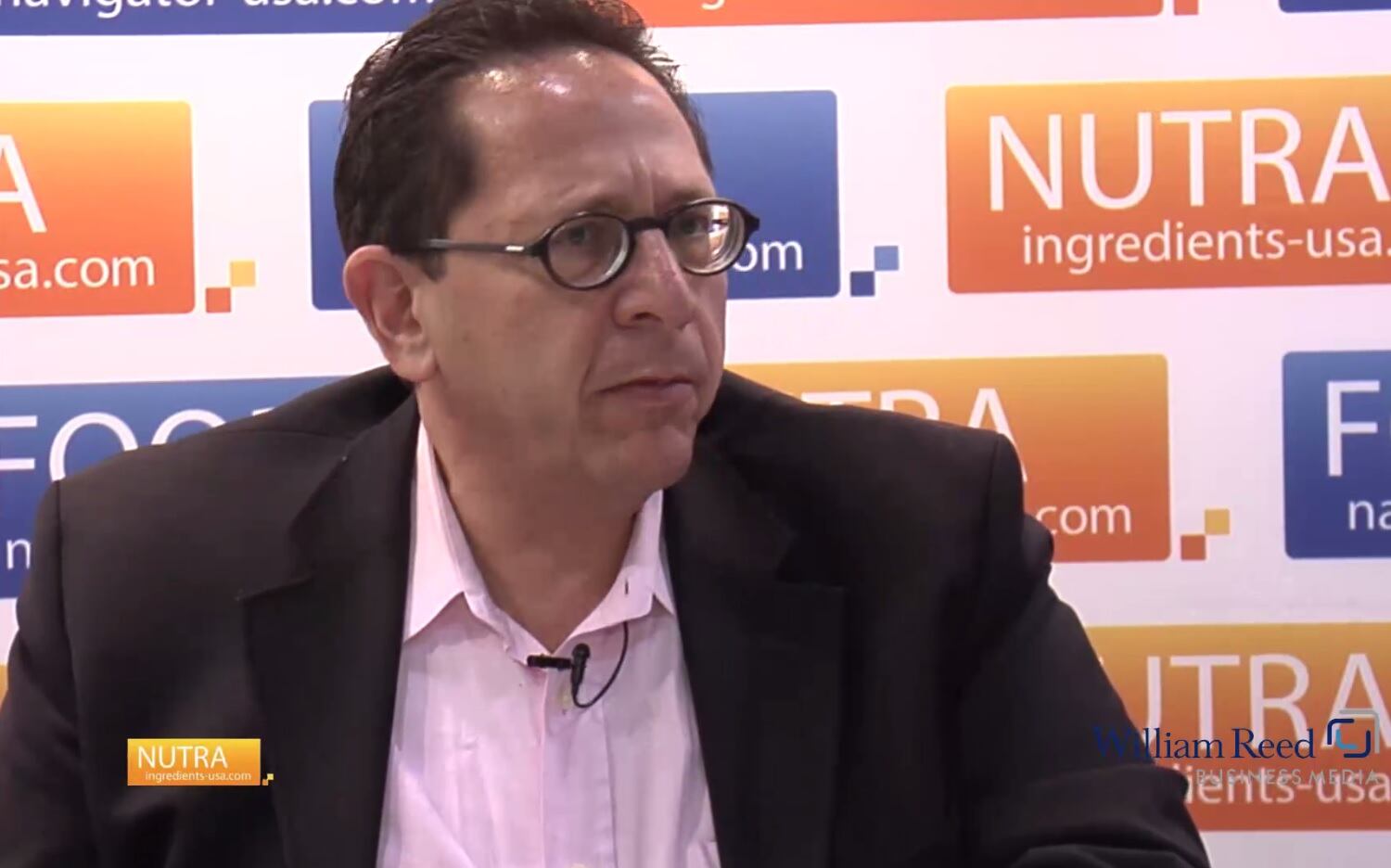Some companies are already springing up offering fully customizable supplements. One such company allows consumers to formulate their own vitamin and health supplement mixes milligram-by-milligram after choosing from hundreds of options online, and allows for the customization of all products, at no extra charge, based on variables such as age, gender, and allergies.
But such an approach may fall apart when faced with the dietary supplement cGMPs (code 21 CFR Part 111). “I don’t see how it’s possible to comply with 111 and absorb the cost,” said Marc Ullman, Of Counsel with Rivkin Radler LLP. “If these are really customizable blends, then you need master manufacturing records for every one. You need in process testing and controls. There is finished product testing. Compliance would seem to be virtually insurmountable.
“If these costs were reflected in the cost of the products, then maybe.”
The company in question, Miramix, breaks down its approach into two segments: One is for ready-made formulations of ‘brands’ invented by nutritionists or dieticians or others. Consumers can select these formulations, customize them to their age, gender and other variables, or buy the formula as is.
“The responsibility for cGMP compliance is shared by both,” added Ullman. “These ‘brand owners’ also have obligations.”
FDA: ‘We take cGMP compliance very seriously’
Cara Welch, PhD, director of the Division of Dietary Supplement Programs, told us: “The FDA takes cGMP compliance very seriously and we’ve found non-compliance across firm sizes and business models. The dietary supplement GMP Preamble discusses that we understand there are different business models operating in the dietary supplement industry; the concept of a new business model does not preempt the fact that that anyone manufacturing a dietary supplement is subject to the requirements of 21 CFR 111 that apply to their specific activities.
“If a firm chooses to manufacture small lots of customized supplements, that is their choice; but the agency’s expectations regarding cGMP compliance isn’t lessened. Furthermore, manufacturers are responsible for ensuring their products are safe prior to marketing and are compliant with all laws and regulations. Finally, FDA doesn’t get caught up in the formal term a firm chooses to use for their specific business model.”

Dr Welch continued by explaining that the dietary supplement cGMPs require establishment of a production and process controls to ensure the dietary supplement is manufactured, packaged, held, and labeled in a consistent and reproducible manner.
“Among other things, this requires establishment of a master manufacturing record for each formulation and batch size, regardless of the number of different formulations and sizes a firm chooses to manufacture.
“Additionally, the cGMPs require extensive finished product testing – this testing can be reduced to a subset of finished product batches but that requires a sound statistical sampling plan that I have a hard time imagining could be implemented if each batch is a slightly different formulation. And outside of cGMP requirements, the agency would expect the ingredients and any conditions for use have been fully vetted for each formulation and the labeling and claims are in line with regulations.”

